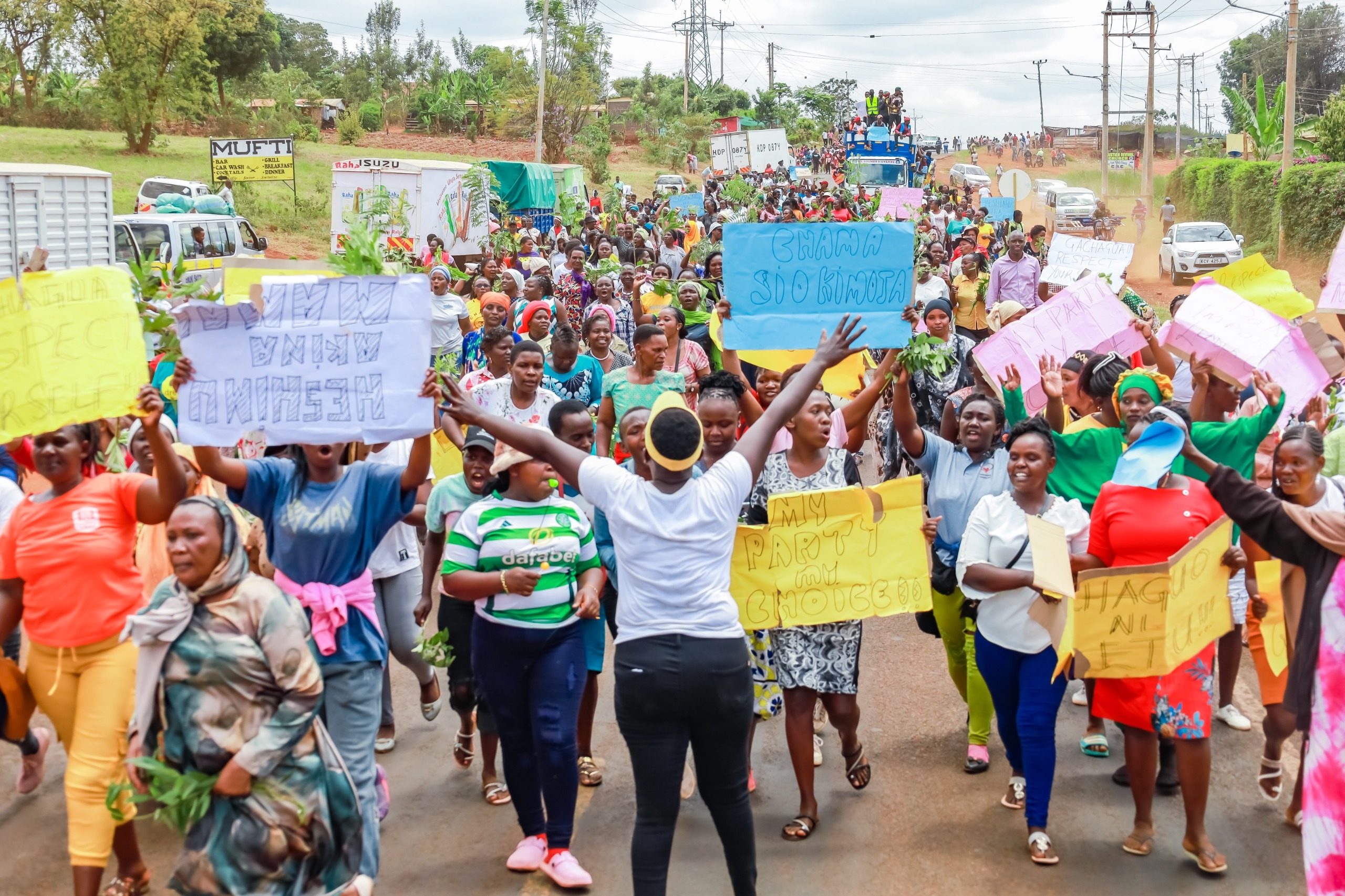Following the Russian military deployment on Ukraine, Ambassador Martin Kimani started his speech at the UNSC by taking a stand. He said Ukraine’s sovereignty and territorial integrity stands breached.
Kimani continued by saying the UN charter continues to wilt due to relentless attacks by the powerful.
What did Kimani mean by the breach, and the relentless attack by the powerful? If his words meant an act of failing to observe articles 1 and 2 of the UN Chatter, then Kimani should be reminded that on October 14, 2011, the Kenyan invasion of Somalia breached its territorial integrity since the Somalia Transitional president Sharif Sheikh Ahmed disapproved Operation Linda Nchi.
Furthermore, the intervention in Somalia was rushed, and the Transitional Federal government of Somalia was never noticed, nor a discussion made. Kenya used its power to invade Somalia relentlessly, and selectively claimed Article 51 of the UN charter.
Therefore, the construction of the UN charter to fit Kenyatta’s administration stand is an intersubjective narrative in comparison to the justification of Operation Linda Nchi and the Jubaland policy (an initiative to conduct a secession that creates a separate state in southern Somalia), which was against Article 1 and 2 of the UN charter.
The ambassador also pointed out that the build-up of the Russian forces to Ukraine calls for diplomacy. Such a statement contradicts the first statement because Kimani already took a stand supporting the right of Ukraine. Diplomacy is about cooperation and cohesion. It is about institutionalised communication, meaning some rules and norms govern the communication of those who engage in diplomacy.
Kimani’s stand, therefore, reflects cohesion towards Russia. Such a statement is dangerous to a small country such as Kenya due to the uncertainty within the international arena. Today, the international relation is structured in a multi-polar system, and the powerful, as Kimani said, are a strategic advantage to the weak states such as Kenya.
Furthermore, such a statement distorts the Sochi talks of 2019 between Presidents Uhuru Kenyatta and Vladimir Putin. Russia and Kenya have diplomatic engagement concerning joint trade investment, which is advantageous towards the latter country’s development.
Ukraine-Russian conflict is a result of territorial conflict and Russian strategy. Eastern Ukraine, Luhansk and Donetsk in the Donbas region and Crimea are critical for Russian naval strategy in the Black Sea. The Russian ethnic groups occupy eastern Ukraine. It is of Russian importance.
The US has always had an interest in Ukraine, leading to Russian skeptics and expanding Nato. The conflict creates a balance of power scenario, and the Russian aim is to balance the US from occupying territories closer to its borders.
America and its western allies’ continuous rhetoric against Russia create anxieties and dishonoring agreements with President Putin, leading to mistrust. From Mikhail Gorbachev to Putin, Russia has extended its relationship to the US and the western allies. For example, the Gorbachev-James Baker agreement, which led to breaking the iron curtain or the Berlin wall, was meant to stop Nato’s expansion.
President Bill Clinton’s administration disobeyed the agreement and pushed for Nato’s extension in the Czech Republic, Hungary and Poland in 1999. The Bush administration extended to Bulgaria, Estonia, Latvia, Lithuania, Romania, Slovakia and Slovenia in 2004, while the Obama administration followed suit in Albania and Croatia in 2009.
Such historical disagreements created Russian anxiety towards the West.
Kenyatta administration's stand on the Ukraine-Russian conflict will lead to Kenya’s future anxiety towards the major powers such as Russia, and may be China, which has taken a neutral stand on the conflict.
Theory is a gravitational pull to political science and international relations discipline, and they are lenses that help give an understanding of events, contested concepts, and reinvention of thoughts.
Ontological security is concerned with how the belief and behaviour of a person or a state is intersubjectively contracted and how those intersubjective constructions form an identity that creates the relation between individuals, including structuring opposition between parties.
For example, Kenya’s position on the Ukraine-Russian conflict — claiming the relentless assault of the powerful, and the former construction of the UN charter, invading Somalia citing Article 51 while ignoring articles 1 and 2 — is an intersubjective construction that creates an identity to Kenya.
Ontological security draws that identity formation is done through routinising the relationship with the significant others. Such is the case of Kenya’s relationship with different powers as a temporary member of the UNSC.
Individual states struggle to locate their identity in the international arena because identity keeps on changing. The struggle creates anxieties, and the self feels overwhelmed; thus, a calculation of the relations is essential to avoid bullying by the powerful.
Kenya’s identity changed but remained advantageous when the Kibaki administration projected economic diplomacy with China and maintained historical ties with the US. Therefore, armed with ontological security, Kenyatta’s administration ought to understand how to act and behave in the international arena, characterized by uncertainties.
Claiming relentless assault against Russia frames Kenya as a friend to the West and enemy to Russia. With the present future, which is characterized by multi-polarity and the uncertain future, Kenyans might find it challenging to seek the support of the powerful at various international platforms.
The author is a research fellow at the Department of Political Science and Public Administration, the University of Nairobi. He is also an assistant research fellow at Norwegian University of Life Sciences. [email protected]












